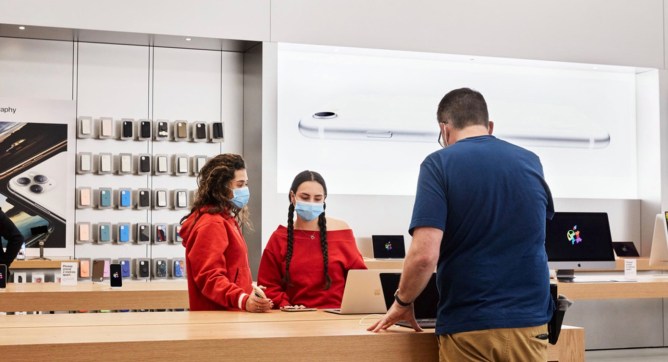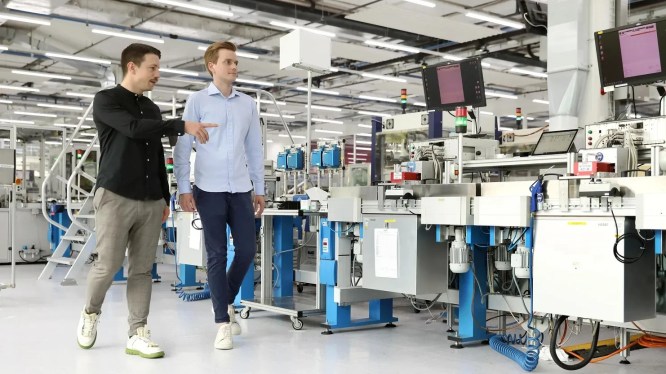As a medical researcher for 14 years, Amber Hill had seen her fair share of administrative tasks. However, she couldn’t help but feel frustrated by the inefficiencies and manual processes that plagued the industry. In an interview with TechCrunch, Hill shared her story of how she decided to launch a startup to tackle these issues.
The Birth of Research Grid
In 2020, Hill founded Research Grid in London, with the goal of automating administrative and data management workflows for clinical trials. The company’s software, which is built on two patent products – Inclusive and Trial Engine – aims to streamline tasks such as flagging protocol errors, data extraction, and workflow.
A Breakthrough Solution
Hill believes that Research Grid’s technology is superior to legacy systems currently in use. "They are built on old codebases, which means it’s almost impossible for them to innovate," she said. By automating these tasks, Hill hopes to reduce the expensive delays that often occur during clinical trials.
The Challenges Ahead
While Research Grid has made significant progress, there are still several challenges that need to be addressed. One of the main issues is recruitment – finding participants who fit specific criteria for a research trial can take months. Hill believes that AI-powered recruitment tools can help streamline this process and make it more efficient.
Diversity in Clinical Trials
Hill also highlighted the importance of diversity in clinical trials. The FDA has made it a requirement to increase participation from underrepresented groups, such as women and people of color. Research Grid’s software includes a customer relationship management feature that uses AI to extend beyond traditional methods of finding participants.
The Future of Medical Research
Hill’s vision for the future of medical research is one where AI plays a more significant role in expediting precision medicine, drug development operations, and changing the care pathway for everyone. "AI is here to stay," she said.
A Solo Founder’s Journey
Starting a company as a solo founder can be challenging, especially during a pandemic. However, Hill persevered and managed to grow her revenue by over 20x last year. With a growing team of experts and improving AI technology, Research Grid is now in growth mode.
Revenue Growth and Expansion
As the company continues to expand its reach across Big Pharma, contract research organizations, and clinical sites, Hill expects continued revenue growth. "AI is changing the care pathway for everyone," she said. With a strong team behind her, Hill is confident that Research Grid will continue to revolutionize the clinical trials industry.
Key Takeaways
- Amber Hill’s journey from medical researcher to startup founder showcases her dedication to improving the clinical trials process.
- Research Grid’s software aims to automate administrative and data management workflows for clinical trials.
- The company faces several challenges, including recruitment and diversity in clinical trials.
- AI is poised to play a significant role in expediting precision medicine and changing the care pathway for everyone.
Related Topics
- Fundraising: Research Grid has raised an undisclosed amount of funding from investors, including Fuel Ventures.
- Medical Tech: The company’s software is designed to improve the efficiency and accuracy of clinical trials.
- Startups: Research Grid is a prime example of how startups can tackle complex industry problems with innovative solutions.
About the Author
Dominic-Madori Davis is a senior reporter at TechCrunch, covering venture capital and startup news. You can contact her on Signal at +1 (646)-831-7565.



